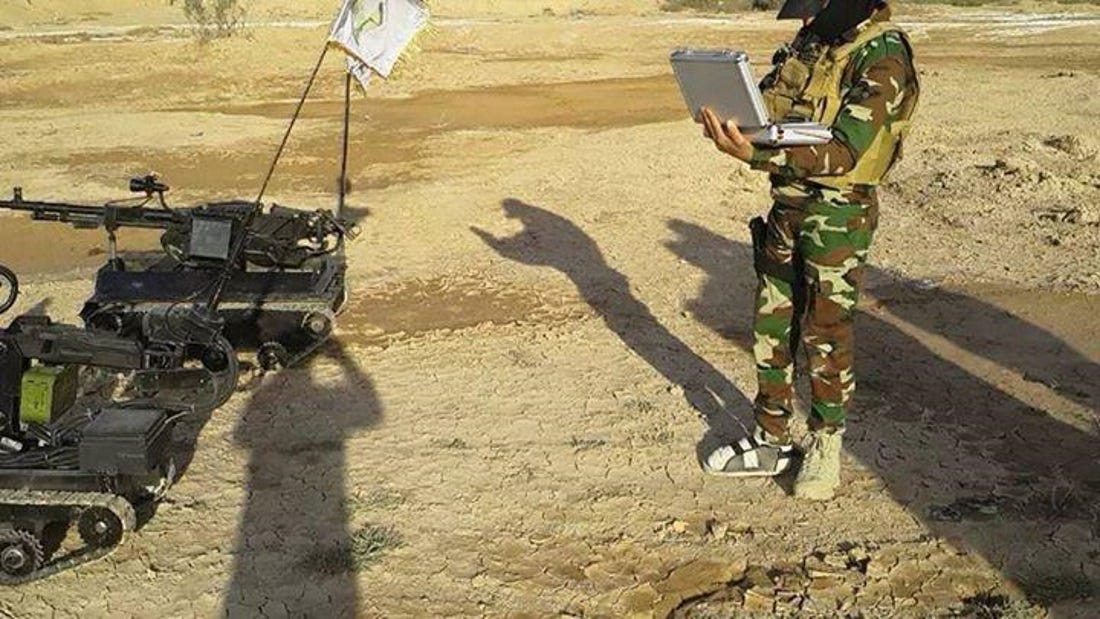K.P. NAYAR
March 25 , 2015
When Modi raised the issue of the maritime dispute in the South China Sea both at the summit between India and the Association of Southeast Asian Nations and at the East Asia Summit in Nay Pyi Taw in Myanmar in November, he had obviously been briefed that the dispute was going to blow up - or, at least, that the issue was going to figure in a big way at both the summits. Here is what he said on November 12: "There is wave of change in the world. New realities are emerging in the changed world. Globalization is a fact of life... therefore, maritime security has become even more important. We all have the responsibility that we all follow international law and norms on maritime issues, as we do in the realm of air passage. In future, we will also need this in space. For peace and stability in South China Sea, everyone should follow international norms and law."



